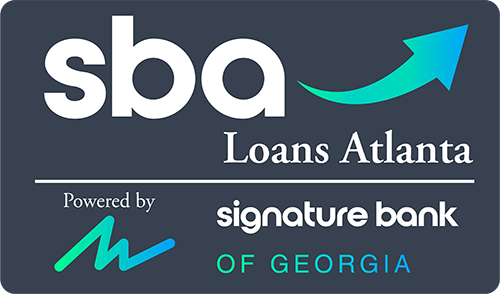US banks hold trillions of dollars in consumer and business assets. Yet, how do you know which bank is right for your business?
Choosing the right bank for your business is a big responsibility. You may simply need a straightforward checking account. Alternatively, you may need a more complex financial service, like a line of credit.
It’s crucial to find a bank that fits your needs in either case. Keep reading to learn how to choose a bank for your business.
How to Choose a Bank
There are thousands of FDIC-insured banks in the United States. How do you choose the right one?
It helps to know more when choosing the right bank for your business. With this in mind, there are a few questions you should ask.
For example, is the bank you’re considering friendly towards a small business of your size? You may also want to ask whether a bank specializes in your kind of business. In some cases, it helps to work with a bank that’s familiar with your industry.
Banking Tips
A bank can provide benefits and create efficiencies in several ways. These characteristics can range from minimum balance requirements to integrated features.
Moreover, a business bank account provides liability protection. It also makes things easier when it’s time to file taxes. However, all banks aren’t the same.
Let’s look closer at the things you should consider when choosing the best bank for your small business.
Choosing a Location
It helps to consider your potential bank’s location. For example, you may want to work with a local bank with a nearby branch. You may also want to look for a bank with ATM service, in case you need to access funds after hours.
Alternatively, an online bank account may serve your needs. This is another feature you might consider.
Still, you may desire more personalized service. In that case, you might want to consider how you feel when you visit a bank branch in person.
Assessing Bank Fees
All banks charge fees. These fees might include:
- Maintenance fees
- Overdraft fees
- Wire transfer fees
These fees may seem unnecessary. However, they help bank branches pay for services.
For example, fees help cover costs for customer support. They also pay for other bank services you may enjoy.
Still, you should have a full understanding of bank fees before opening an account. This information will help you to assess whether a bank’s fees seem reasonable.
You can also ask your banker if there’s a way they can waive some fees. For instance, some banks provide overdraft protection. Others may provide ways for you to avoid the maintenance fee by keeping a reasonable monthly balance in your account.
Understand Minimum Balance Requirements
Some banks require a minimum deposit when you open your account. They may also require you to maintain a minimum monthly balance. If not, the bank may charge you a low monthly fee.
For example, the bank may ask you to maintain a minimum balance of $5,000 a month in your business checking account. If not, they may charge you a $20 fee.
It’s important for you to understand the minimum balance requirements of your potential bank. This information will help you assess whether the balance requirements are realistic for your business.
Assessing Account Features
You should also consider additional account features offered by a bank. For example, a bank may offer a mobile banking app. Alternatively, they might offer bill pay features.
Suppose you’re in the early stages of launching your business. In that case, you may want to see if a bank is willing to offer you a line of credit.
It’s always a good idea to apply for a line of credit before you need it. Also, you may enjoy better credit terms with a bank with whom you’ve built a relationship.
Software Integrations
As a business owner, you may need to use your bank account with other tools. For example, you may use accounting software like QuickBooks.
Many businesses use this software to track daily expenses and send invoices. If you use QuickBooks, it’s helpful to check if your bank account can integrate with this software.
It’s a good idea to research a bank’s capabilities before opening an account. It’s quite helpful to work with a bank that can sync with your accounting software.
Opening a Business Bank Account
A business bank account will help you stay on top of your finances. However, you must open an account before you can reap the benefits.
You’ll need to choose an account once you’ve decided on a bank. A bank typically offers several kinds of business accounts.
For instance, you might open a traditional business checking account for flexible finance management. Alternatively, you may open a business savings account. This kind of account will help you save for future business purchases.
Partner With Signature Bank of Georgia for Personalized Service
Now you know more about how to choose a bank for your business. There are many big banks you can choose from for your business checking account. However, we think you’ll enjoy the ease of banking with Signature Bank of Georgia.
We treat our clients differently. There’s no out-of-state corporate office that tells us how to run our branch.
We’re so confident in our ability that we back our services with a 100% satisfaction guarantee. Click here to learn more about our business banking services.


